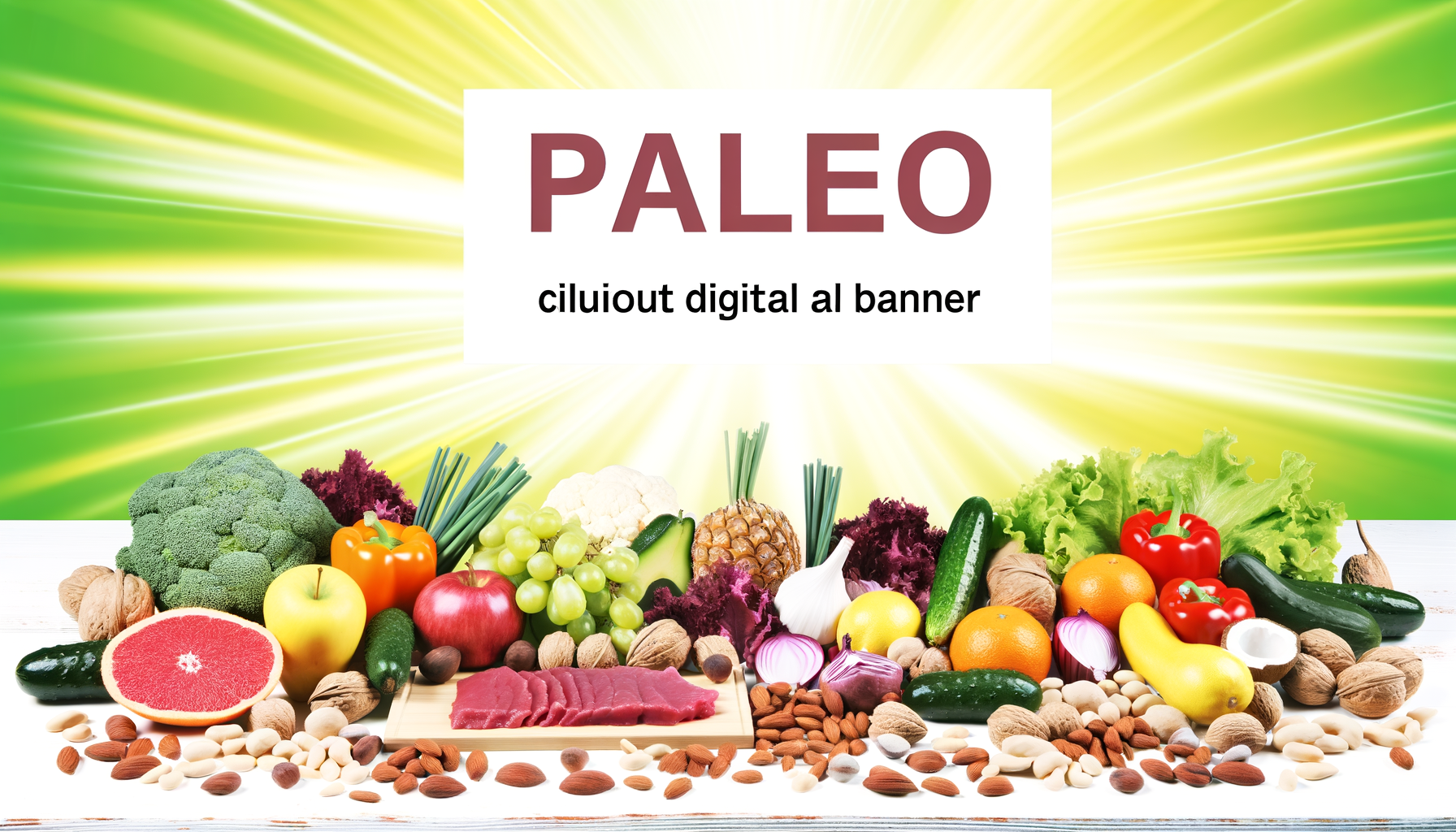The Do’s and Don’ts of Using a Calorie Calculator with Clients
Using a calorie calculator effectively with clients can be a game-changer in the health and fitness industry. Calorie calculators provide personalized recommendations based on factors such as age, gender, weight, height, and activity level, which are invaluable for setting realistic weight loss or gain goals. However, it's crucial to use these tools responsibly, ensuring ethical practices and prioritizing client safety, education, and health outcomes.
Understanding Calorie Calculators and Their Role
Calorie calculators estimate a person's daily energy needs by calculating the Basal Metabolic Rate (BMR), then adjusting it based on activity level to determine the Total Daily Energy Expenditure (TDEE). The Harris-Benedict and Mifflin-St Jeor equations are commonly used for BMR calculations. For instance, the NASM Bodyweight Tool provides a comprehensive guide on how to calculate and apply these values for weight management.
One way to effectively manage weight is by creating a calorie deficit for weight loss or surplus for weight gain. For weight loss, subtracting 500-1000 calories from the TDEE is a common strategy, but it must be tailored to individual client needs and health goals. The Calorie Calculator from Calculator.net offers additional guidelines for adjusting calorie intake based on weight goals.
BMR and TDEE Calculations
The Harris-Benedict equation and the Mifflin-St Jeor equation are two prominent methods for calculating BMR. The Mayo Clinic uses both the Harris-Benedict equation and the Institute of Medicine Dietary Reference Intakes to provide personalized calorie estimates. You can also use the Harris-Benedict Equation Calculator for precise calculations.
Professional Standards and Ethical Considerations
When using calorie calculators with clients, it's essential to maintain professional standards and adhere to ethical practices. This includes ensuring that the calculator's output is used as a guideline and not a strict rule, as individual needs can vary significantly. Moreover, clients should be educated on the potential health risks associated with extreme calorie restriction, such as gallstones or refeeding syndrome, as highlighted by NASM.
Client Education and Safety Precautions
Client education is crucial in any fitness program. This involves explaining the benefits and risks of calorie management, the importance of nutrition quality, and ensuring that clients understand how to use the calculator responsibly. For more on nutrition guidelines, consider the Mayo Clinic's Nutrition and Weight Loss FAQs. Additionally, calorie counting apps can help clients monitor their progress and make informed decisions about their diet.
For responsible use, it's vital to consult with healthcare professionals when significant caloric reductions are planned, especially for clients with pre-existing health conditions. Tools like the WP Calorie Calculator can be integrated into client coaching to set realistic goals and track progress effectively.
Client Management and Goal Setting
Effective client management involves using calorie calculators to set realistic and achievable goals. This includes understanding the importance of gradual weight changes—usually aiming for 1-2 pounds per week—and monitoring progress regularly. The WP Calorie Calculator blog provides insights into how these tools can enhance client motivation and success.
Integrating Calorie Calculators into Client Coaching
Integrating calorie calculators into coaching can leverage automated or manual macro goal settings. Platforms like Everfit can use the Mifflin-St Jeor BMR equation to adjust for activity level, age, and body fat to provide tailored nutrition advice. These tools can also be integrated with food diary apps like MyFitnessPal and Cronometer for comprehensive tracking WP Calorie Calculator Plans offer flexible options for integrating these features into your coaching services.
Choosing the right calorie counter app is important to ensure it meets your client's needs effectively. Consider factors such as ease of use, accuracy of calorie estimates, and integration with other health tracking tools.
Building Healthy Habits and Long-Term Success
Using calorie calculators effectively can lead to long-term success by encouraging healthy habits. By tracking caloric intake and expenditure, clients become more aware of their food choices and activity levels, leading to better portion control and nutritional awareness. The Calorie Calculator from Calculator.net emphasizes the benefits of this awareness in maintaining sustainable weight management.
Real-World Examples and Case Studies
A practical example of successful calorie calculator use involves a client aiming to lose weight. Initially, the client might use the NASM tool to determine their BMR and adjust it based on their activity level. Then, by integrating this information into a comprehensive fitness plan using the WP Calorie Calculator, the client can track progress and make informed decisions about their diet and exercise regimen.
Conclusion and Next Steps
In conclusion, calorie calculators are powerful tools for guiding clients toward their health and fitness goals. They offer personalized calorie recommendations, aid in setting realistic targets, and help track progress. However, it's essential to use these tools responsibly, ensuring ethical practices, client safety, and education.
To enhance your client's experience and help them achieve their goals more effectively, consider integrating tools like the WP Calorie Calculator into your coaching services. Additionally, consulting with certified nutritionists or healthcare professionals can provide personalized advice tailored to each client's unique needs and health goals. For more insights into how calorie calculators can boost client success, read about latest trends and strategies in health and fitness. Lastly, taking advantage of resources like the Mayo Clinic and Nutrium can further support your professional development as a health and fitness expert.











